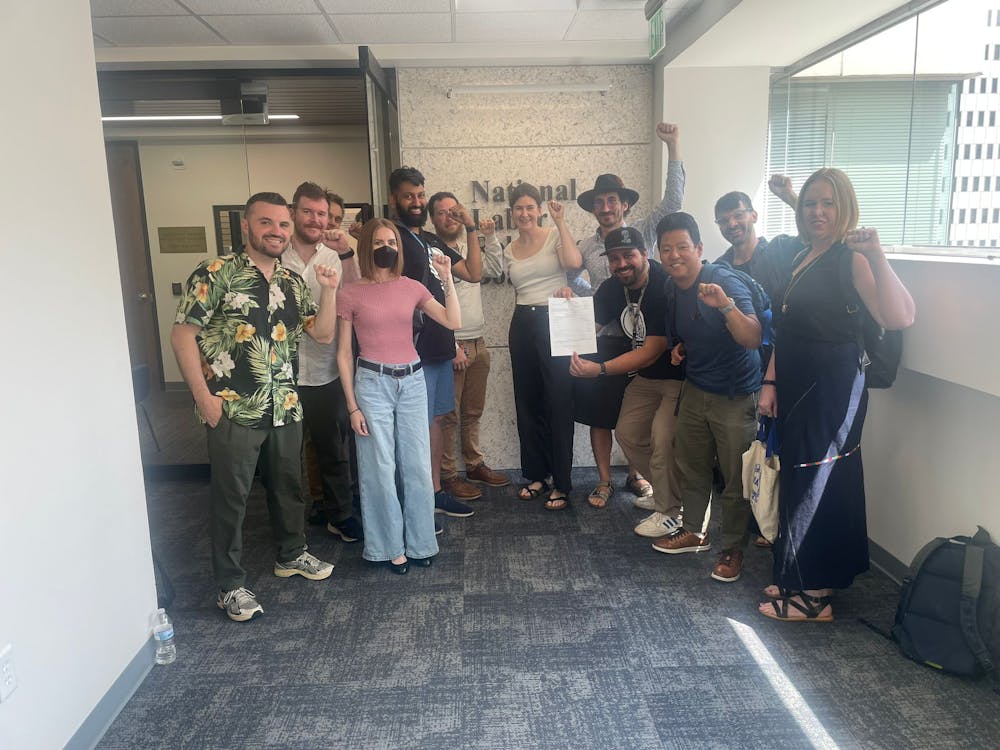Human Capital, directed by Paolo Virzi and released in the United States this past January, is a drama that explores power, finances and love within and between families. The film begins with a car accident that critically injures a bicyclist. The incident is soon forgotten as the rest of the story unfolds. In the first scene of the film, the theme of personal finances becomes apparent. Young adults Serena (Matilde Gioli) and Massimiliano (Guglielmo Pinelli) are dating, and Serena’s father drives her to a large mansion which he is clearly in awe of. Serena tells her father not to introduce himself to Massimiliano’s parents, but Dino (Fabrizio Bentivoglio) pays her no mind.
The pompous, and clearly middle-class man, takes the opportunity to try to charm Massimiliano’s father Mr. Bernaschi (Fabrizio Gifuni) whom he knows is a prominent businessman. The two become quick superficial friends, playing tennis together regularly, and Dino manages to convince Giovanni to allow him to buy stock in his investment company.
Dino becomes obsessed with the Bernaschis, excited by each invitation to spend time with them. He believes in his own elevation to their “superior” level, all the while only embarrassing himself and his family. It is unclear whether the audience is meant to find this performance painful or comical. As a result, Dino becomes an exaggerated character whose presence is simply annoying and childish.
Meanwhile, his daughter has lost interest in Massimiliano and becomes romantically involved with an underprivileged outcast. Her decision to do so is unsurprising and uninteresting as the viewer feels no connection or allegiance to any of the characters. Furthermore, the characters involved in this love struggle are stereotypical. Massimiliano is the typical poor-little-rich boy and Serena’s new lover is the typical depressed stereotype. Serena is the girl whom they both believe can “save” them from their distressed mental state and complicated, tense lives.
A series of financial and personal relationship struggles unfold. The characters are either consumed by a desire for human affection or utterly absorbed by monetary endeavors. The film returns to the bicycle accident when all parties involved in the film seem to be at a personal breaking point. Several characters are accused of committing the hit-and-run, and it is only in the final scenes that it is revealed who was driving the car during this critical moment. Again the audience remains unfazed by the big reveal. It is not shocking nor revealing as the plot could have been guessed after the first few minutes of the film.
Other than offering some beautiful shots of the town of Brianza and Milan and of decadence of a wealthy lifestyle, the film does not offer anything particularly refreshing visually or thematically. Rather than make the viewer question their own ideals and motivations, it simply reaffirms the behaviors of its characters. There were no dramatic changes in circumstances for any of them by the end of the film, and they were never forced to confront their conscience. This is perhaps a more realistic reflection of human nature, but it is frustrating as a viewer to watch banal characters move through their worlds carelessly and remain ultimately unscathed. This is not to say that the film should aim to be moralistic.
In an interview with Cineuropa, Virzi explains this lack of morality:
“All of the characters are monsters without knowing it. And the film says a lot of things about today’s Italy, but without being moralistic. It is a human comedy.”
The film should, however, have offered the viewer and its characters more to contemplate. If the point of the film was that human beings will remain set in their ways, no matter how distasteful these may be, it could have illustrated this more precisely and provocatively.




